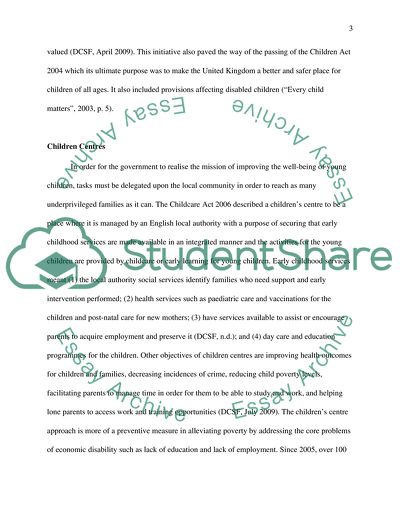Cite this document
(The Role of Family Support Worker in a Children's Center Research Paper, n.d.)
The Role of Family Support Worker in a Children's Center Research Paper. Retrieved from https://studentshare.org/education/1737804-critical-analysis-of-the-skills-knowledge-and-understanding-considered-to-be-essential-to-undertake-the-role-of-family-support-worker-in-a-childrens-centre
The Role of Family Support Worker in a Children's Center Research Paper. Retrieved from https://studentshare.org/education/1737804-critical-analysis-of-the-skills-knowledge-and-understanding-considered-to-be-essential-to-undertake-the-role-of-family-support-worker-in-a-childrens-centre
(The Role of Family Support Worker in a Children'S Center Research Paper)
The Role of Family Support Worker in a Children'S Center Research Paper. https://studentshare.org/education/1737804-critical-analysis-of-the-skills-knowledge-and-understanding-considered-to-be-essential-to-undertake-the-role-of-family-support-worker-in-a-childrens-centre.
The Role of Family Support Worker in a Children'S Center Research Paper. https://studentshare.org/education/1737804-critical-analysis-of-the-skills-knowledge-and-understanding-considered-to-be-essential-to-undertake-the-role-of-family-support-worker-in-a-childrens-centre.
“The Role of Family Support Worker in a Children'S Center Research Paper”, n.d. https://studentshare.org/education/1737804-critical-analysis-of-the-skills-knowledge-and-understanding-considered-to-be-essential-to-undertake-the-role-of-family-support-worker-in-a-childrens-centre.


